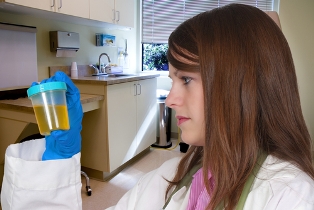
A new Kansas law for drug testing welfare applicants is off to a slow start, having only tested 20 people in the last four months.
Passed by the Legislature back in 2013, the law took effect on July 1, 2014, and was seen as a way to help those who are less affluent to get out of poverty, off drugs, and into a job. Though the early numbers are low, state officials believe the testing will increase in time.
“It’s important to note that this is the initial year,” said Theresa Freed, spokeswoman for the Kansas Department of Children and Families, which administers the drug-testing program. “The criteria that we established was done so in abundance of caution to protect the rights of our clients to ensure the criteria would stand up to likely court challenges we have seen happening in other states.”
Kansas Senate President Jeff King, the primary sponsor and supporter of the bill, also shrugged off the early low numbers. “This is something that is going to take time to implement across the state,” King said in an interview. “It is impossible to fully evaluate a program that is only four months old. We want to give it time to administratively work.”
Kansas is not the only state that requires drug testing for welfare applicants. They are among at least 11 states, including Missouri who has been conducting these tests since March 2013.
But not everyone in Kansas is a fan of the drug-testing bill. Many critics believe the early results show the bill was less about welfare reform and more about political theater. “We have pared these agencies back to the marrow,” said State Sen. Laura Kelly, a Topeka Democrat. “They don’t have a lot of people hanging around who have time to implement some of these programs that we pass.”
According to Freed, the agency fully supports the drug-testing policy, saying it is a process of “learning what works and what doesn’t. We anticipate as we iron details out…we’ll see an increase.”
